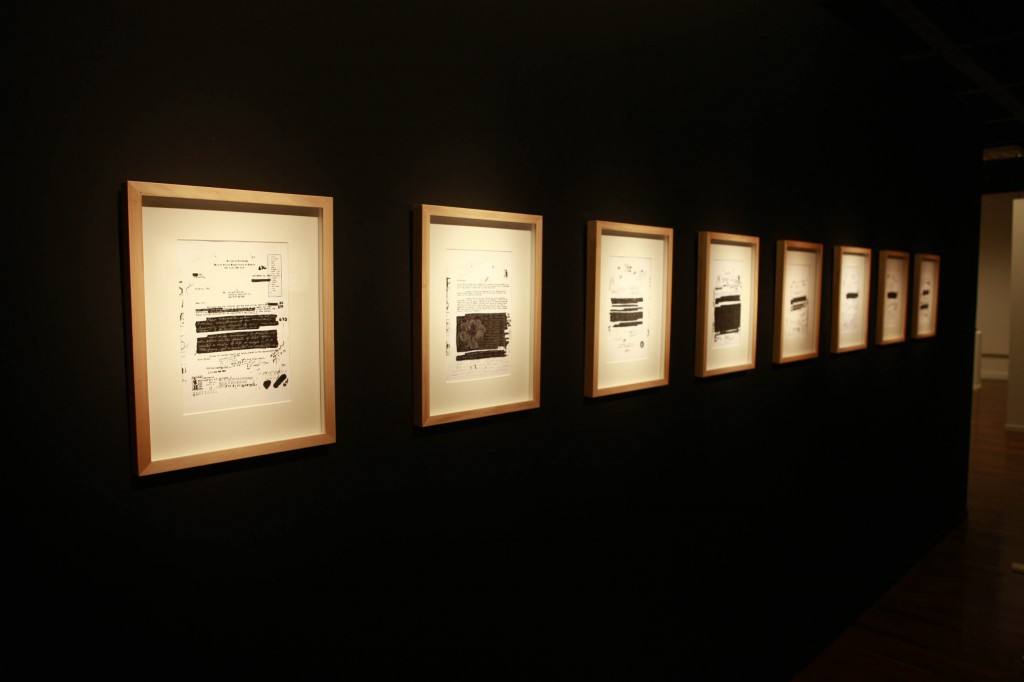
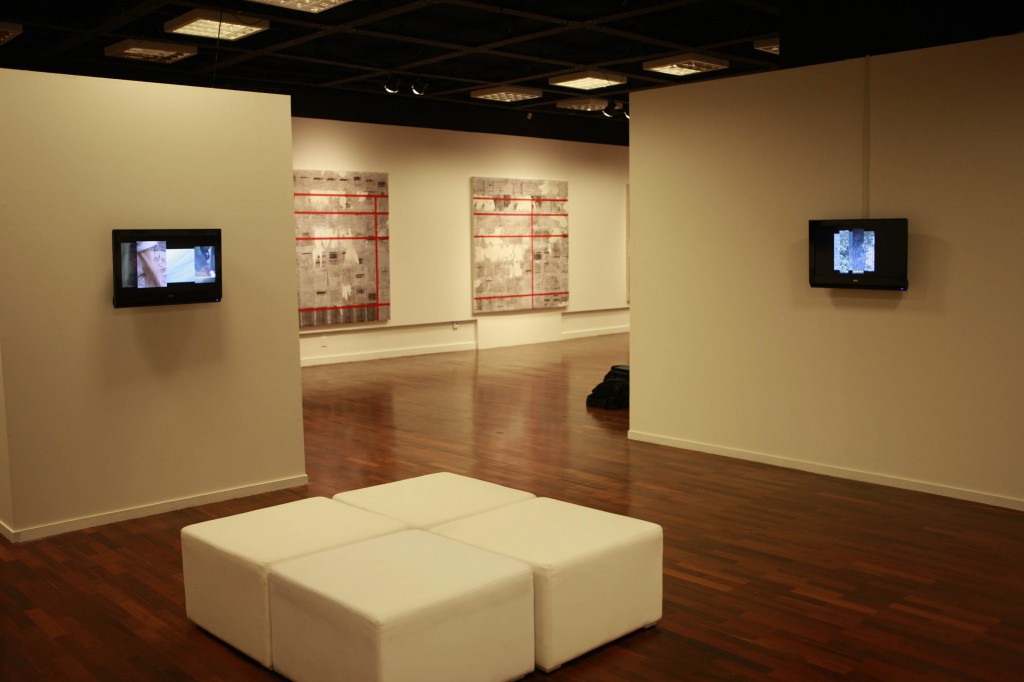
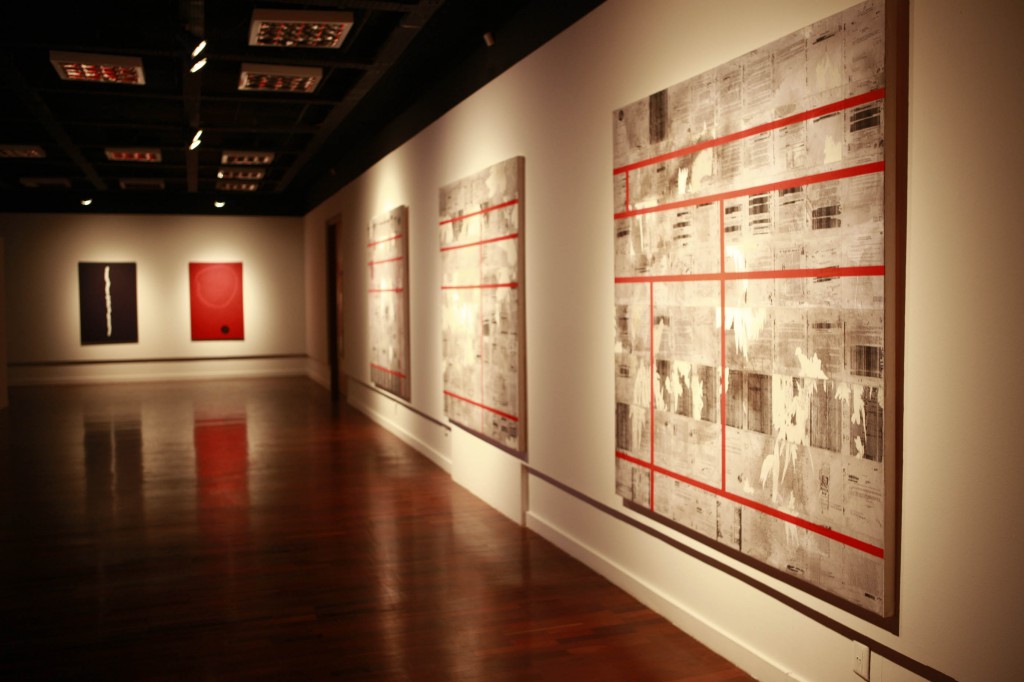
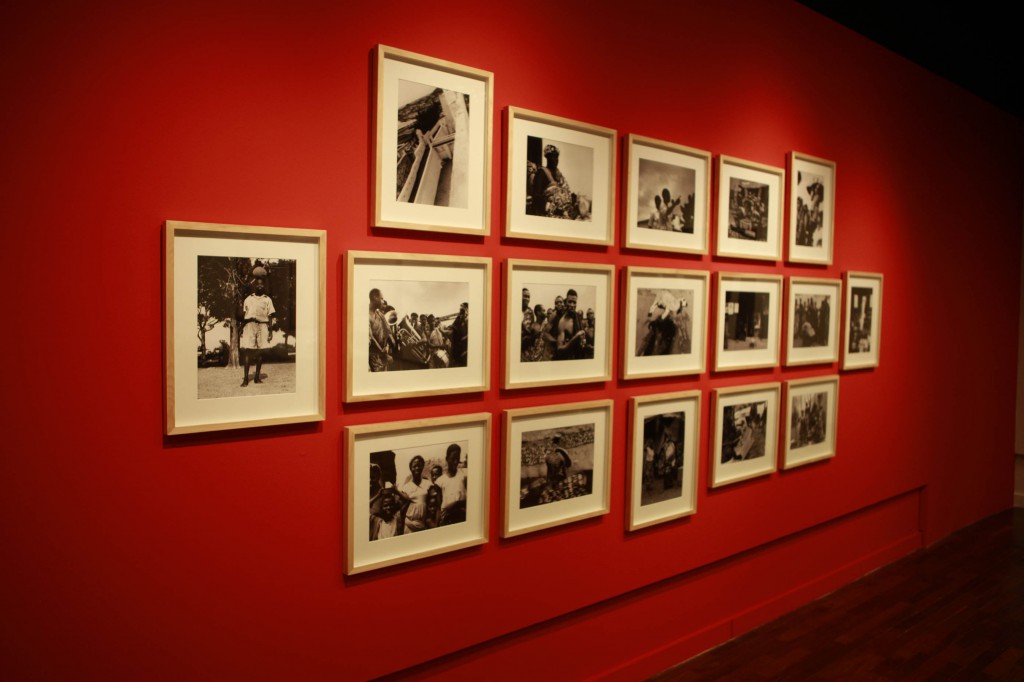
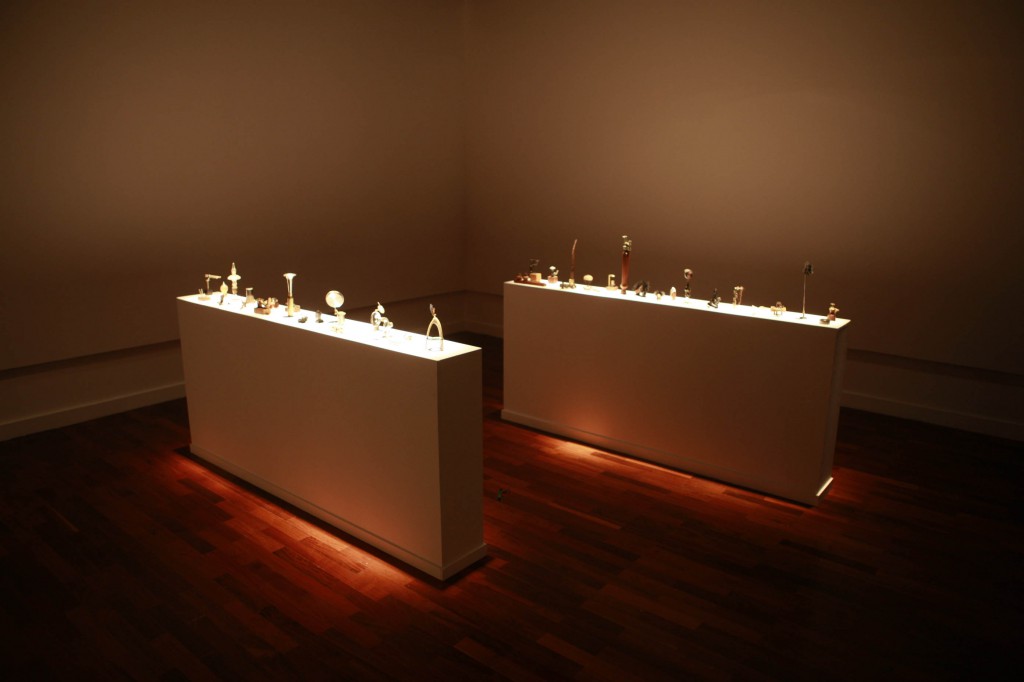
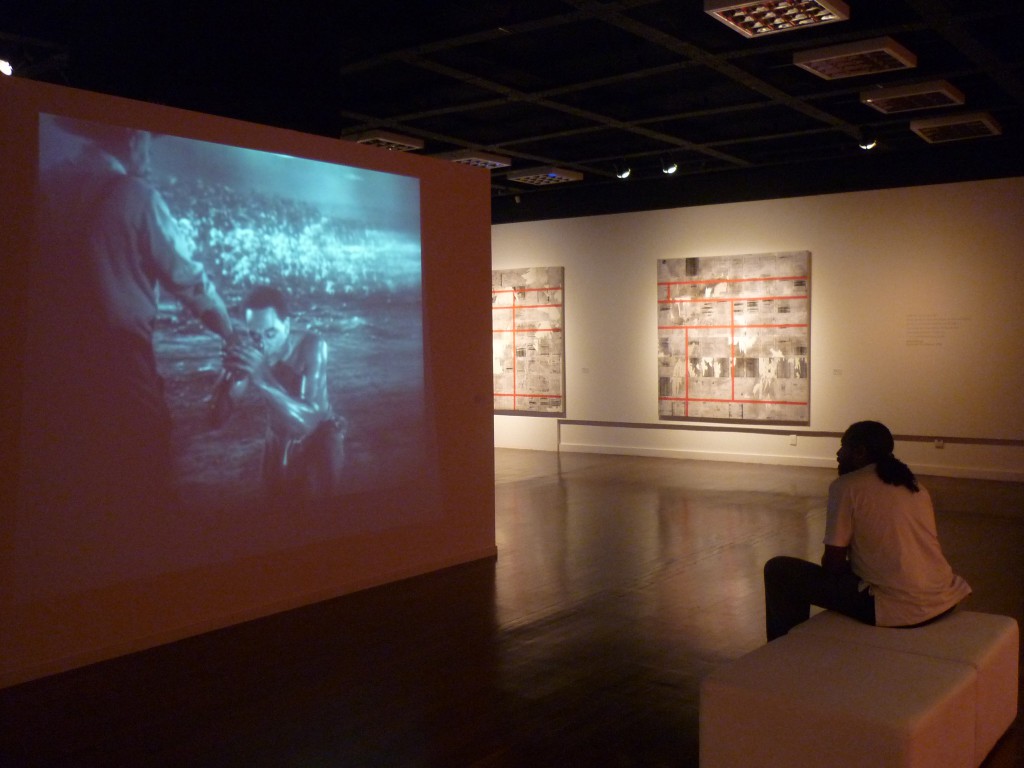
Millions of black voices in a haiku. This could be a summary of the poetry of Richard Wright, but is it even possible to condense the journey of an activist, writer, poet, artist into a textual ideogram, or anywhere else? This is the proposal of the exhibition entitled “Richard Wright – This Other World,” a tribute to one of the greatest American writers of the twentieth century on the 50th anniversary of his death. Fundamental in the engaged American literature, the work of Richard Wright is a testimony both to his socio-political struggle against racism and his search for an identity that overcomes these same racial issues, of nature and roots. This leads him, in the last years of his life, to alter his view about his origins towards his transcendence, and that is what the exhibition shows: this other possible world, where the author will seek refuge in the simplicity of haiku, and he gives rise to another type of writing, represented in his posthumous book Haiku: This Other World. The visceral and broader aspect of the struggle in contrast to the subtlety and synthesis of poetry are the counterpoints that make up the structure of the exhibition, which passes through the pungent photographs of the books “12 Million Black Voices” and “Black Power” with their political semiotics to reach the interweaving of the narratives of 10 visual artists, providing a meeting between “artivists” with political and aesthetic agendas that are apparently so diverse, but whose works eventually carry the same issues as those addressed by Richard Wright, with whom they diachronically communicate. As in a big renga (collective poem of Japanese origin), the works produced by Tomie Ohtake, Yamilé Pardo, Emanoel Araujo, Roberto Diago, Rosângela Rennó, Maurício Abad, Bete Esteves, Simone Cupello, Ruslán Torres and Jorge Braulio — who is also a poet and curator of the exhibition — create links that are not always explicit in the visual and literary metaphors between the life and art of Richard Wright, but which intertwine in different poetic forms and eventually transcend the commemorative nature of the exhibition.